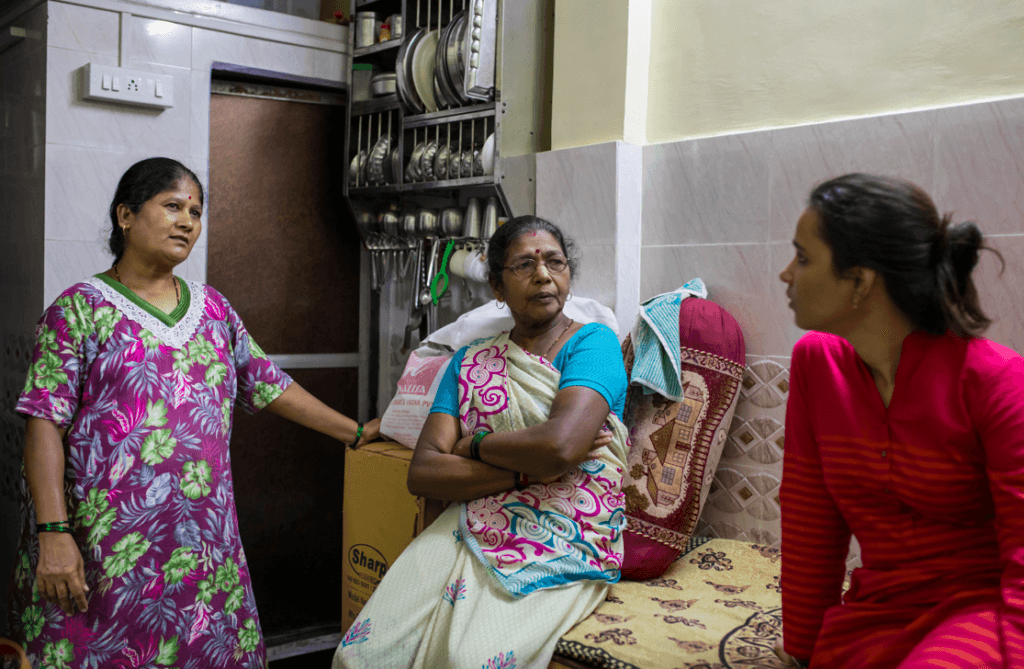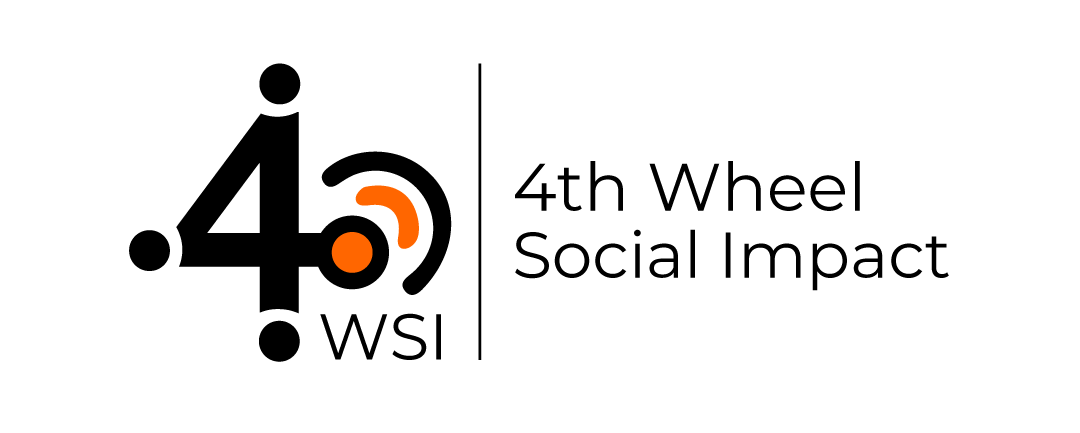Understanding Community Based Research
- The 4th Wheel

- Mar 12, 2020
- 3 min read
Updated: Sep 15, 2025
There was a slum community where a Non-Governmental Organisation (NGO) was working on eradicating malaria and dengue. However, the NGO did not receive the expected outcomes from their project. Hence, a research organisation was tasked to identify the problems that the people had in accessing their services. The NGO then used different tools with various stakeholders to identify the key issues that had prevented their interventions from being effective. One of the main findings of the study was that even though there were patients of malaria and dengue, they were not as numerous as tuberculosis (TB). In that community, TB was a major health issue. The NGO then started working on the prevention and cure of TB in the same community. The awareness of the prevalent diseases within the community would not have been possible until research involving the participation of community members in the overall research process was not ensured.
Strong Community-Based Research (CBR) involves both quantitative and qualitative data gathering/ collection as part of which point problems can be identified according to various stakeholders. The possible solutions to these problems are then based on best practices in the sector. Because of its nature, CBR is emerging as a significant tool in addressing social change. According to CBR, people, groups, and communities make and add important context, nuance, and value to existing knowledge about community practice.

For example, a middle-aged woman living in a slum area, an old man who owns a commercial establishment in that area, and community NGO workers, all have different opinions about the same area. The way people think, work, and relate to each other makes a great difference in CBR. Owing to this, various methods such as interviews, observations, transect walks, focus group discussions, etc. are used as and when needed. CBR does not focus on one specific method to gain insights from, instead, it employs multiple methods and sifts the relevant findings from each method, contextualised to the study area.
The decision-making power in CBR lies in the hands of the people. It is for the people and done by the people themselves. It involves planning at each stage wherein the researchers or community workers start by asking questions about the community, people, their specific needs, problems of the community, possible solutions, feasibility of new ideas, and other relevant aspects. The issues which come in these initial consultations with secondary research help in formalizing key research questions and a plan for further data collection and analysis. Therefore, this research has a high degree of applicability to the community.
Community-based research has a problem-solving approach. It is formed in such a way that the questions/issues are highlighted in the whole process. The focus of the research is to find the main issues which are important for the overall well-being of the community. The results then focus on identifying possible solutions which then can be used to create future action plans and methods that will most likely contribute to the fitness of the people, groups, and communities.
While most of the research ends when the project ends, even afterward, CBR makes an addition to the existing knowledge about the specific communities that have been studied. It helps in forming and identifying new programmes, effectively adding value to the current programmes in the form of new services. And at times, it builds the capacity of the community to engage in future research and evaluation. Ultimately, the knowledge that CBR creates contributes to the resolution of major social issues.
Societal change is a process. It is not instant. It takes time. CBR focuses on societal change wherein participatory and collaborative research methods are used over a period of time to empower and transform the lives of the people. The engagement of people, groups, and communities is key to allowing people to develop new ways of thinking, behaving, and practising.
For holistic and sustainable change, this engagement of communities is necessary. Hence, different groups should come together and work for the betterment of the community. They should closely identify and solve problems for the growth of the people. CBR is an initial process wherein specific problems can be identified and possible solutions can be established. 4th Wheel encourages such practices in the sector and actively involves itself in contributing to the existing knowledge of different communities.




Comments